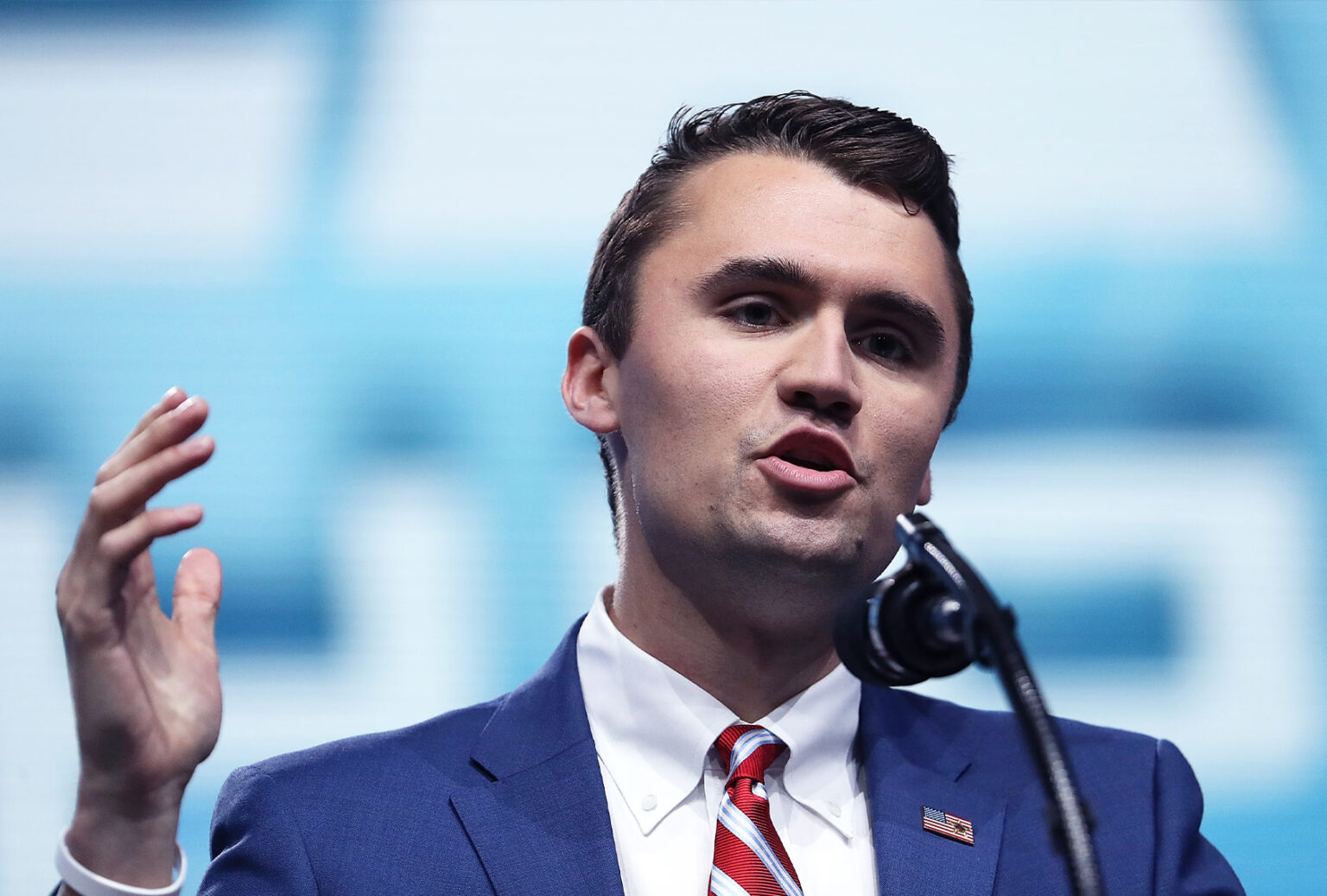LISTEN TO THIS ARTICLE:
Charlie Kirk’s assassination has left a wake of hot-headed politicians and pundits pointing fingers and placing blame. Unfortunately, few people have tried to counteract this, and even fewer have asked the question: How should political leaders and public figures speak in the immediate aftermath of violence? What does this say about the failure of cooperation in American politics?
Gun violence and rhetoric
We’ve talked about gun violence before (a lot, unfortunately), and many of the most publicized events have been mass shootings. Events like this happen so frequently and are so highly publicized that the reaction is 100% predictable. It’s “thoughts and prayers,” blanket blaming of mental illness, and calls for gun control. The event fades from the news in a matter of days, weeks, or months, depending on how particularly horrific it was. It’s sad to say that mass violence events are now a fairly common part of our news cycle and part of the ongoing breakdown of cooperation in American political life.
Even worse, our country’s political atmosphere has devolved into a disorganized shouting match that allows bad actors to enrich themselves in the chaos. With this chaos has come more violence and less genuine political cooperation. Department of Homeland Security investigations into domestic terrorism threats have risen 357% in the past decade. This is all in stark contrast to overall violent crime in the U.S., which is nearing a 60-year low.
Targeted violence
Much of this violence has been targeted to a race, religion, or other group, or is wholly indiscriminate. But now we are seeing the rise of a different kind of violence: targeted attacks. The United Healthcare CEO Brian Thompson 9 months ago, two Democrat state lawmakers from Minnesota, two assassination attempts against Trump, the arson of the Pennsylvania Governor’s home while he and his family were in it, and now the public assassination of Charlie Kirk. Targeted political violence is rising.
Breakdown of public discourse
Over the past decade, our system of political discourse seems like it is increasingly centered on sowing division rather than fostering unity or cooperation. The rise of social platforms has transformed public discourse into a fragmented, algorithm-driven arena. Tailored feeds on Facebook, Twitter, YouTube, and TikTok reward content that provokes strong emotions to drive engagement. This has paralleled the collapse of traditional media outlets that adhered to journalistic standards like rigorous fact-checking.
As a result, disinformation ecosystems flourish online, pushing sensational or false claims into mainstream awareness faster than they can be checked. This social media-driven environment has given political leaders and public figures the power to speak more directly to the people than ever before in human history. At the same time, it has also made true cooperation in American politics harder than ever.
Post-violence rhetoric
The way rhetoric is managed in moments like this can shape whether the nation escalates into greater division or begins to step back from the brink. Our leaders don’t seem up to the task. By his own admission, Donald Trump has no desire to mend bridges. He has thrived for the past 10 years by burning them.
He has been a huge factor in sowing division, stating “I hate my opponents” at Kirk’s funeral. On a Fox interview a few days earlier, he said, “I couldn’t care less about mending the political divide.” Following Kirk’s killing, Trump also said the U.S. needs to “beat the hell out of radical left lunatics.” When the leaders of our country have no interest in creating peace or rebuilding cooperation across the political divide, what can we do?
The struggle of cooperation
Our leaders continue to be divisive because that’s what has served them so well already. Our political and social environment does not promote altruistic or cooperative behaviors. Altruistic cooperation is when people act in ways that benefit others at a personal cost to themselves, with the expectation that the favor will be returned in the future.
It would look something like this: imagine if, after Kirk’s assassination or any other incident of extreme violence, leaders from both sides had emphasized shared grief and advocated for peace. This would put off the more extreme parts of their respective followings (that’s the personal cost of altruism). However, the long-term benefit is that leaders would be reinforcing norms against political violence and demonstrating that cooperation in American politics is still possible.
Unfortunately, that requires leaders from each side to assume that those on the other side will also cooperate instead of exploiting that time for their own gain. Right now, that assumption is laughable. Each side seizes any conciliation by the other side as a moment of weakness. It’s proof that cooperation has failed in American politics.
How did we get here?
Cooperation does not work in every environment. It fails when interactions and memory are short or when people face no consequences for not cooperating after receiving a benefit. As mentioned earlier, social media accelerates all of these problems. It rewards anger and division and traps people in echo chambers of rage.
No cooperation online
In online spaces, there is no benefit for helping each other or extending an olive branch of peace. The news cycle is so fast that accountability goes out the window. Fact-checking simply doesn’t happen. It’s all about just appearing like you won the argument, regardless of who is actually correct.
Whoever says the most divisive, meme-able quotes gets more clicks, more views, more followers, and more money. That’s the whole game. Cooperation is invisible while conflict is always visible, which makes it seem pointless and weak. Social media rewards outrage, not cooperation.
Loneliness and isolation
At the same time, rising feelings of personal isolation across America also feed this strife. Loneliness is a huge problem in our country that we’ve covered extensively. More people live alone and spend less time in civic or social groups than ever before. Social media has taken over that role.
People rarely see each other in real life, and their main contact with “the other side” comes through polarizing online content. As a result, there is little chance to build the memory, trust, and accountability needed for the cooperation of altruism.
The assassination of Charlie Kirk and the rhetoric that followed highlight this dangerous cycle. The people in power used the moment to double down on hostility. That choice offered immediate political rewards, as it has for years, but it erodes our social fabric further.
Put down your phone
Restoring cooperation in American politics will not be easy. It will require leaders to act against their short-term incentives. People inherently want peace. We just need leaders who want it as well. Social media and news outlets need to stop rewarding outrage. If that seems far-fetched, there’s another way that all of us can access right now: turn off your TV, put down your phone, and have real, face-to-face conversations with your neighbors and people in your community about what you both have in common and what you both need.
We cannot rebuild cooperation without connection. Real life is where we build those connections.

 Learn
Learn Read Stories
Read Stories Get News
Get News Find Help
Find Help
 Share
Share
 Share
Share
 Share
Share
 Share
Share



